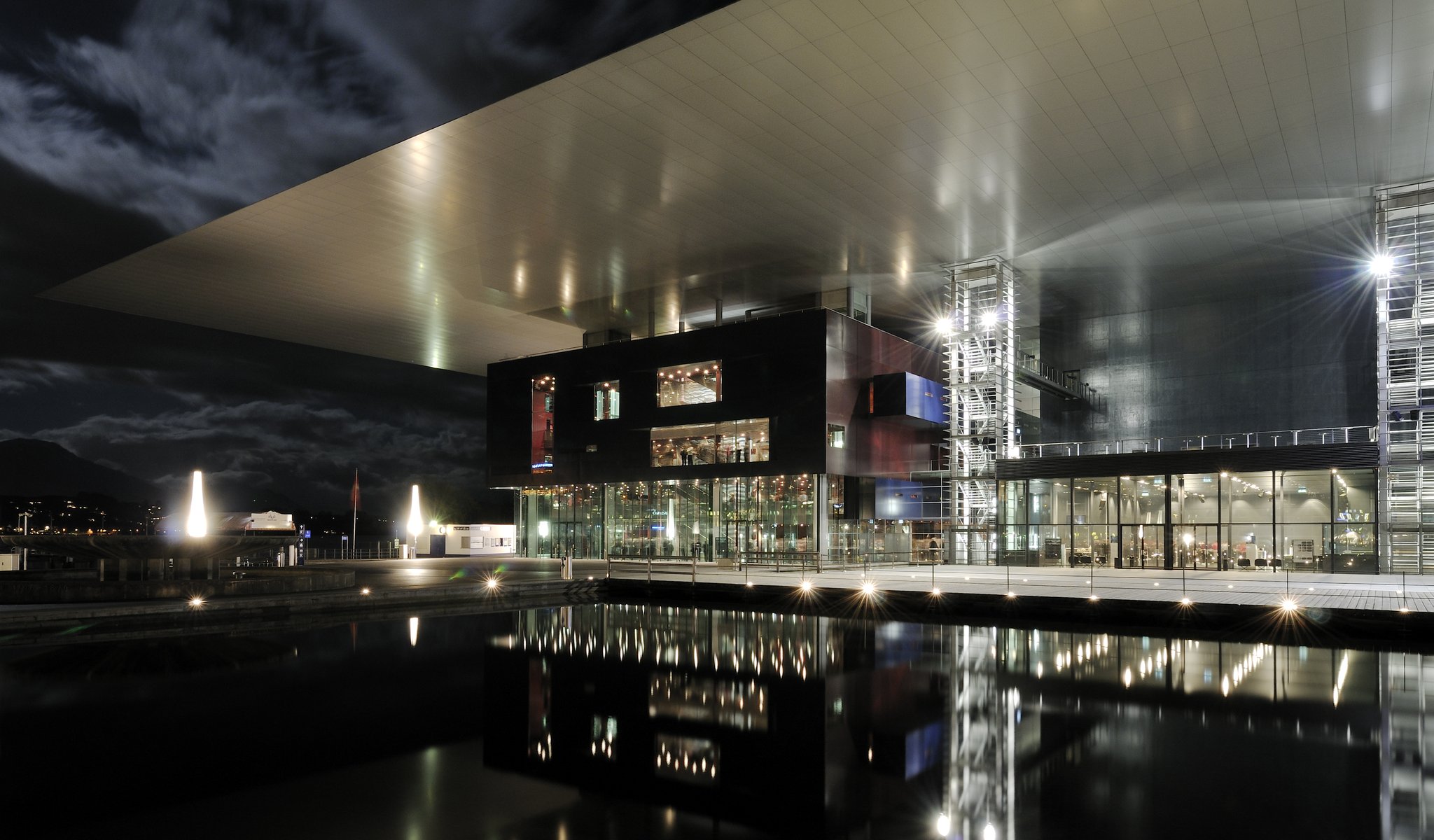
Program
Ludwig van Beethovenbio:
Coriolan Overture, Op. 62.
Piano Concerto No. 4 in G major, Op. 58
INTERVAL
Symphony No. 3 in E-flat major (“Eroica”), Op. 55
Featuring
Other information
The event is about 2.5 hours long.
About the event
The Budapest Festival Orchestra comes to Lucerne with the music of Beethoven and Wagner. The concert begins with one of Beethoven’s pieces in C minor, which are renowned for their dramatic character. This one is the Overture to the tragedy relating the life of the infamous General Coriolanus. This piece is followed by the Piano Concerto No. 4. which demands a Beethovenian pianist, as this was the last concerto the maestro composed for himself. But a Liszt-player may be just as suitable as a soloist. Such as pianist Daniil Trifonov, who at only 31 has already been compared to Liszt by The Washington Post not only for his virtuosity, but also for his mesmerizing impact on the audience. The solemn exclamation point to close the evening is delivered by Beethoven’s monumental ‘Eroica,’ a milestone in the history of music.
What are bravery and triumph worth when someone is repulsive, contemptuous, and haughty? According to Roman consuls, not much, so they force their one-time commander, who protected the empire successfully yet, out of spite, has teamed up with the enemy to conquer Rome, into exile. The siege is thwarted by the exhortation of Coriolanus’s mother, and eventually, the General dies at the hands of someone – or maybe by his own. Beethoven’s Overture from 1807 tells the tragic yet peacefully ending story through the grave main subject of the protagonist, the lyrical but resolute theme of the mother, and the fading return of the first melody.
Beethoven first began to show signs of deafness in 1798, which mainly hindered his career as a performer, and ten years later he was forced to give up his career as a pianist. The last concert where he played as a soloist was in Vienna on 22 December 1808. He performed his fourth and most solemn piano concerto, which, as he composed it for himself, abounds with improvisation-like passages. In contrast with the era’s custom, the piece does not open with an orchestral introduction, but - for the first time in the history of music - the piano immediately begins with a main theme related to the famous motif of fate. The second movement is the passionate and tense dialogue of two different worlds; Liszt thought that it was a musical representation of the Orpheus story. The finale resolves the often introverted work with a cheerful rondo.
Regardless of the dedication to Napoléon, and regardless of the hidden programs invented by fanciful musicologists, what we know for sure is that Beethoven eventually dedicated his Third Symphony, “composed to celebrate the memory of a great man,” to one of his most generous patrons, Prince Lobkowitz. The gigantic, dramatic first movement is full of melodies; even so, the music has a unified atmosphere. The slow funeral march (second movement) deepens the grief of the preceding movement, offering solace with the unexpectedly emerging Scherzo (third movement). The symphony ends in a variational finale, the main subject of which has already been used by Beethoven several times. The movement includes a fugue, Hungarian motifs, and much more.
